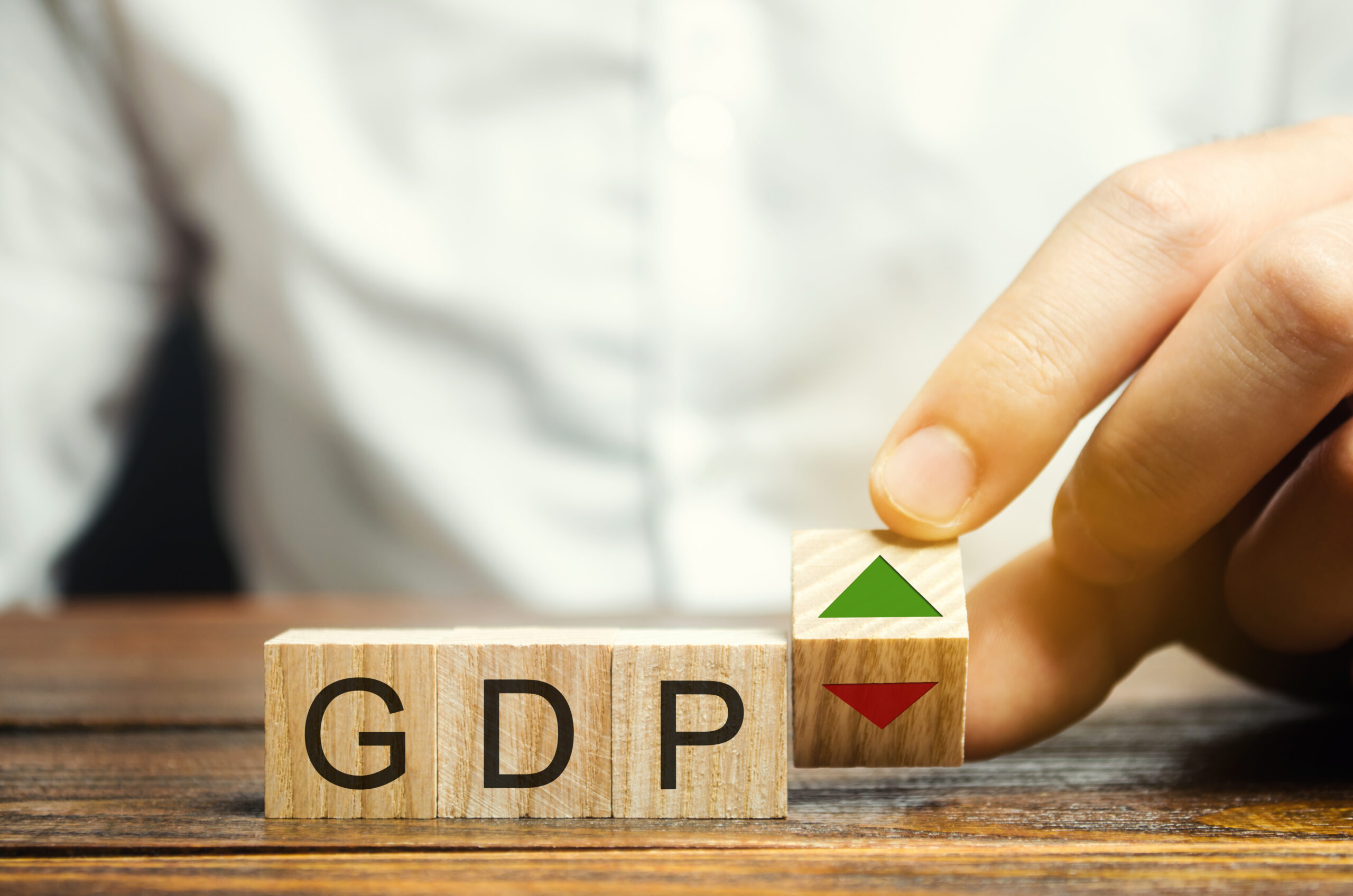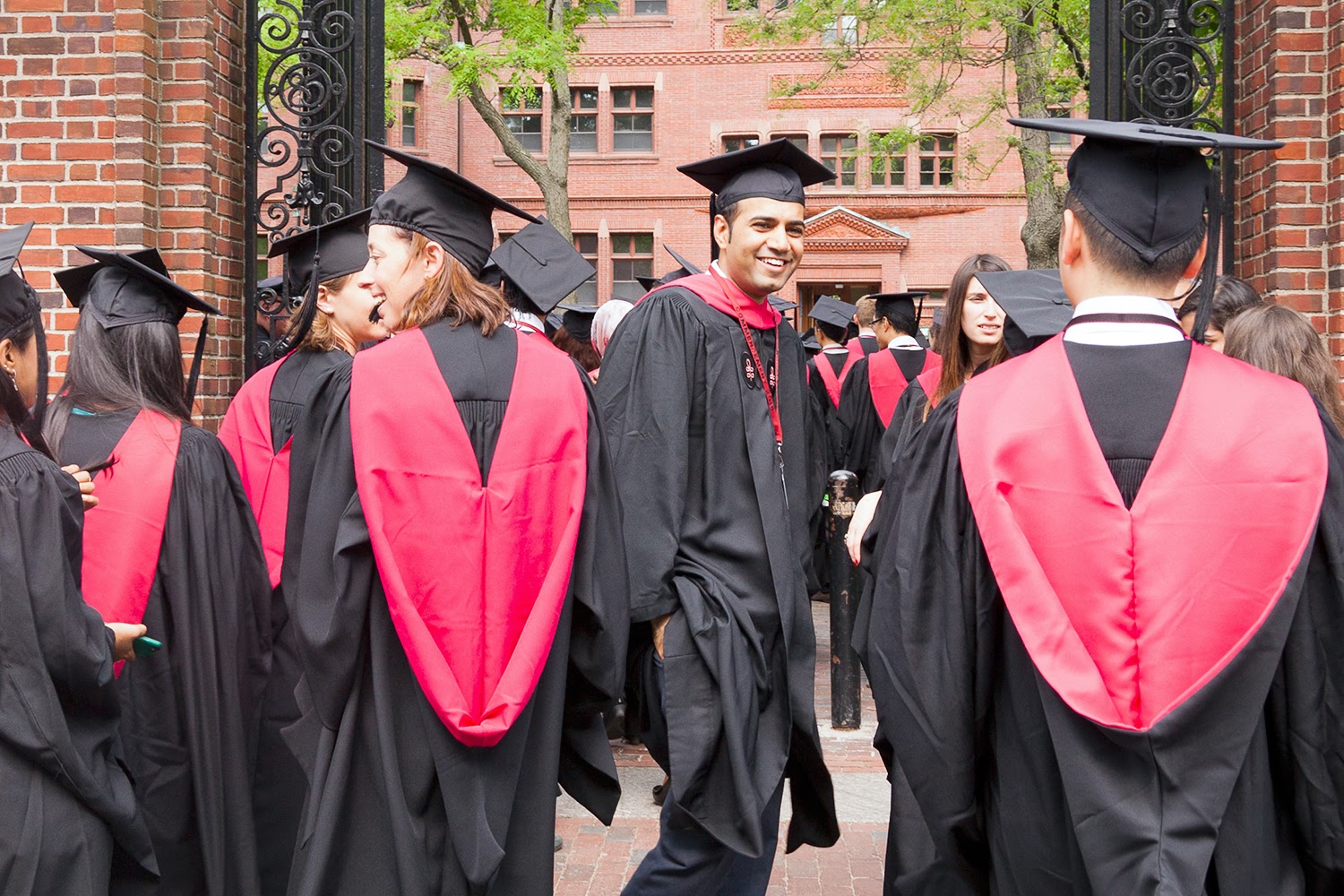
From Traditional Medicine to Digital Health: How China is Transforming Healthcare
(image: iStock) By Anton Kozyrev In January of 2023, fresh demographic data from the People’s Republic of China caused a stir. For the first time in 60 years, China’s population had experienced a contraction, with its 2022 population falling by 850,000 from that of 2021. While the phenomenon of deaths exceeding births is a common expectation for many developed nations around the globe, China’s situation poses unique challenges. For the most part, experts suggest that this demographic change is the result of government policies, including the well-known “One Child Policy.” The government ended this policy in 2016, switching to a…








